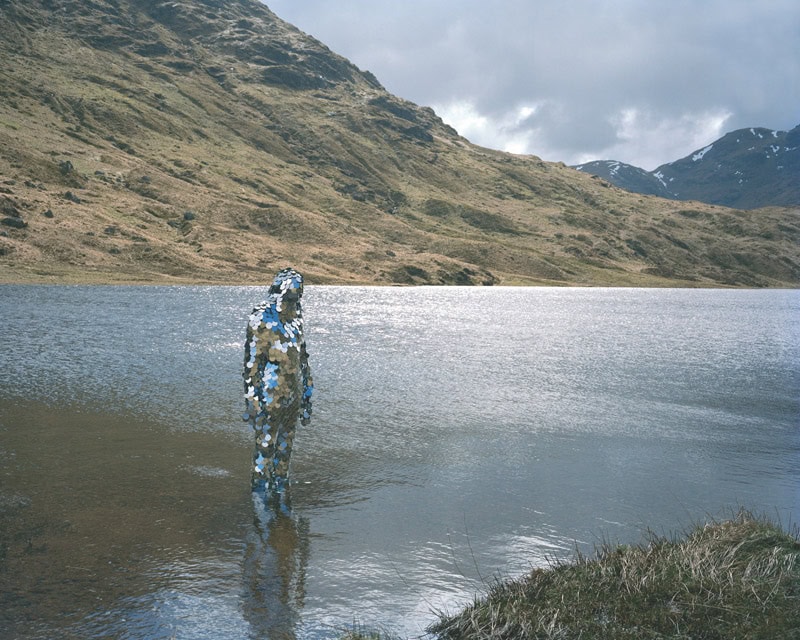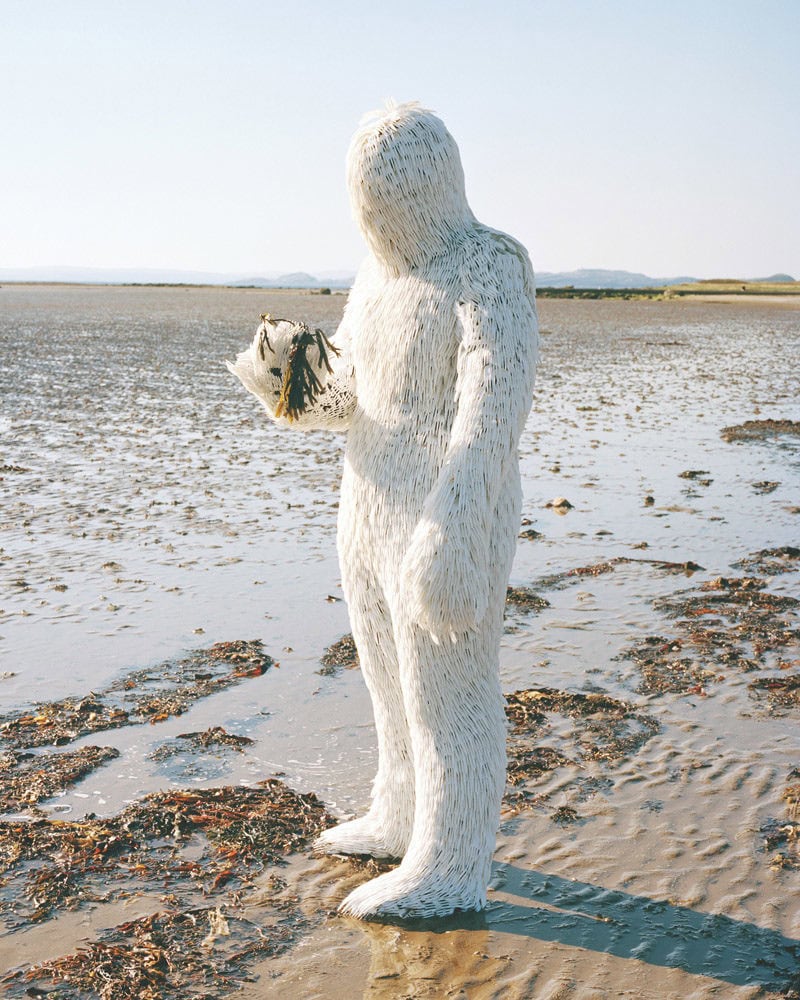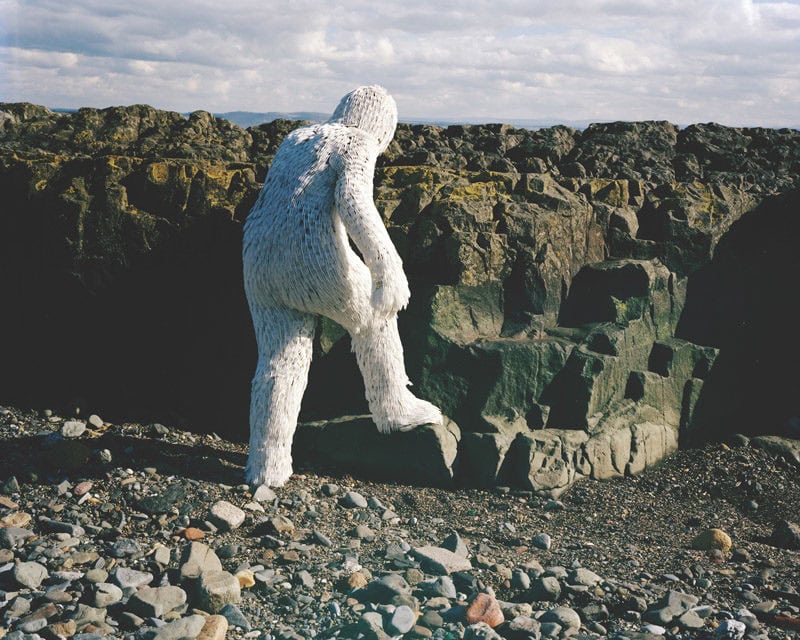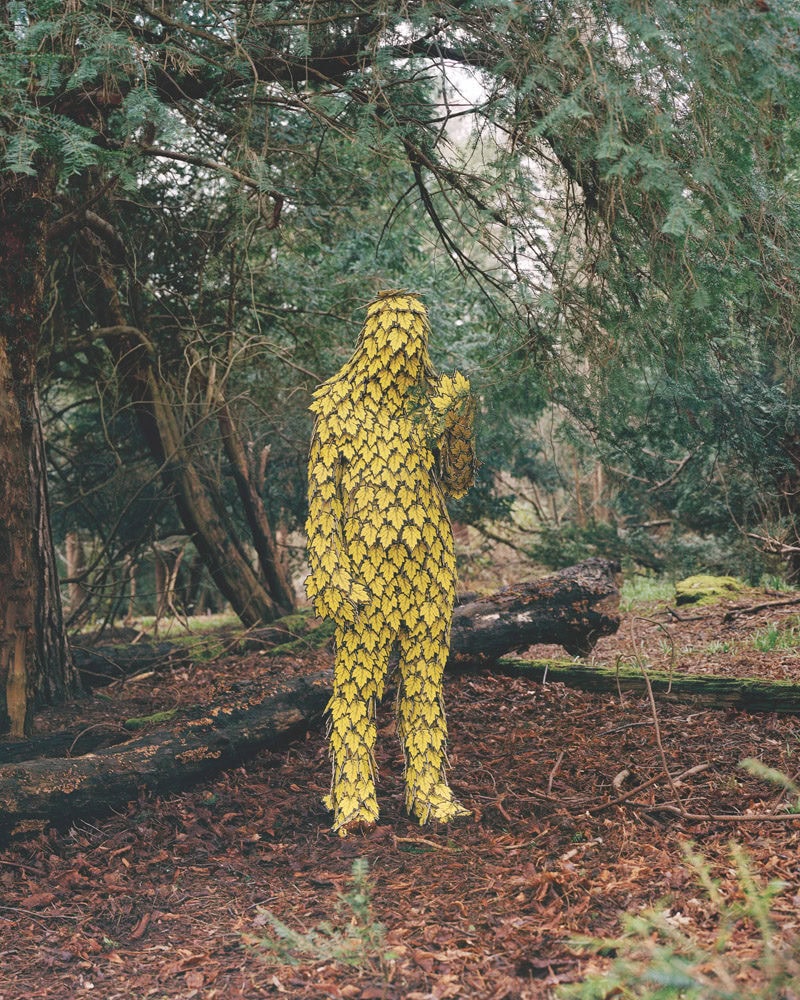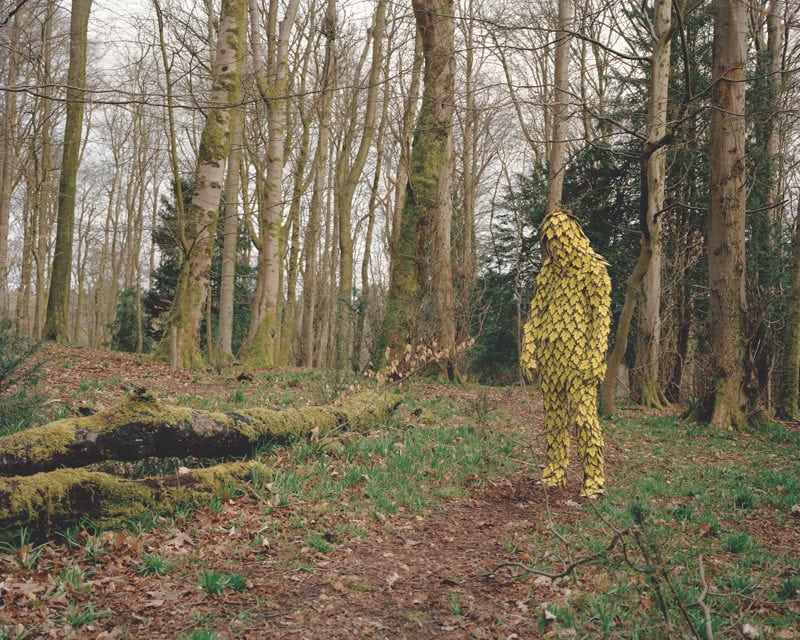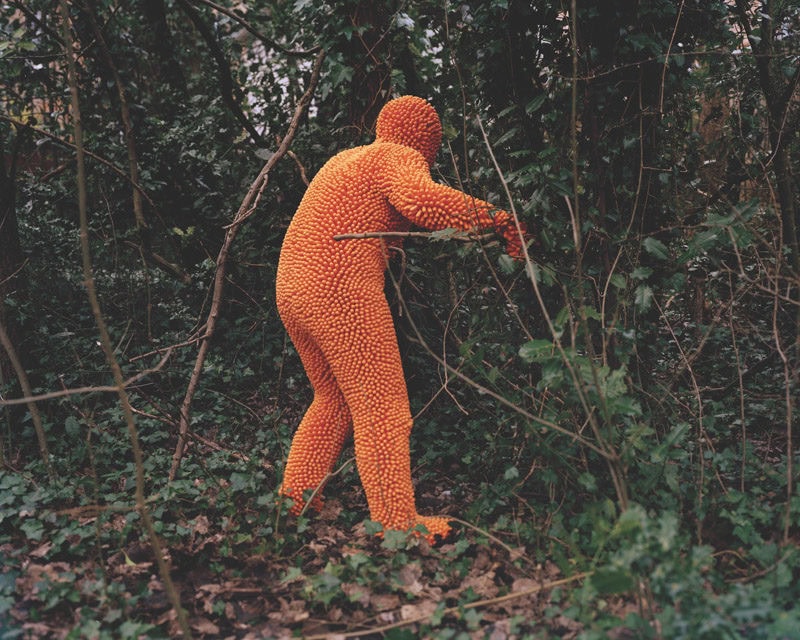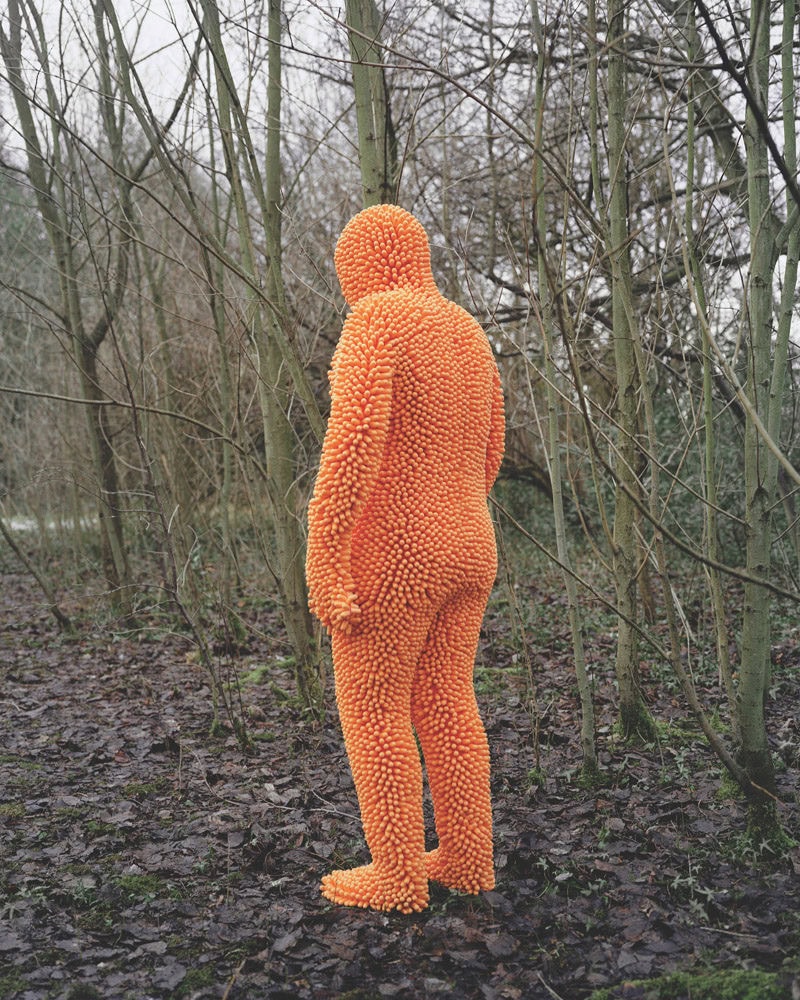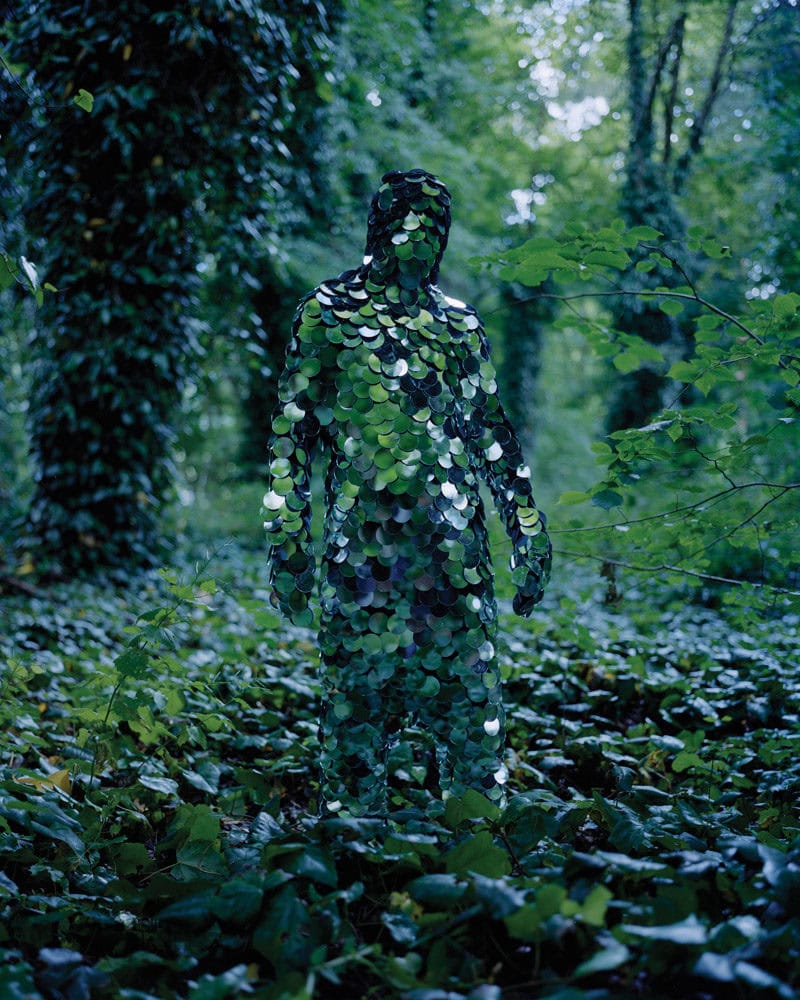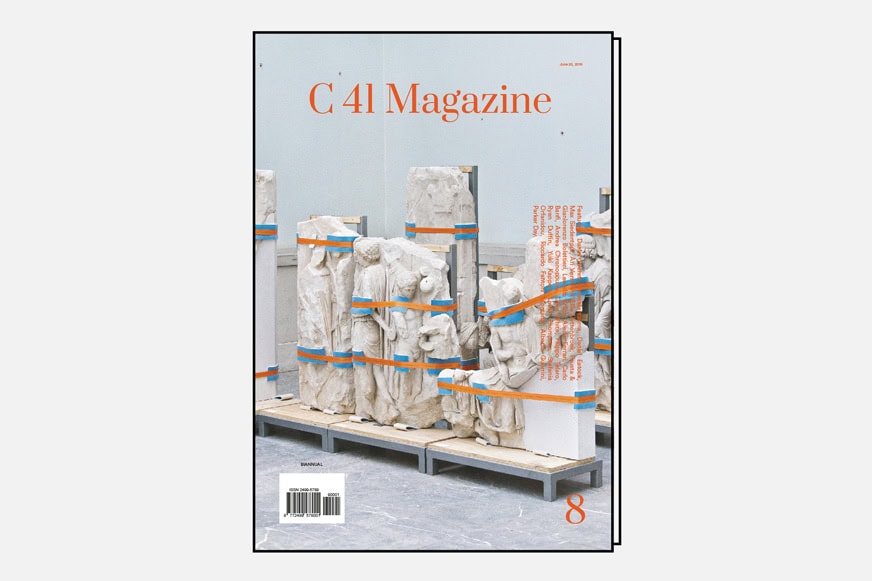Memory? What is memory? It is so hard to say! As individuals, memory is a collection of images that we are able to retrieve; we are what we come from, what we have received, what we have retained, what we have developed from; our memory is our footprint. Memory is the movie we have been filming for our entire life and makes us proud, sad, and happy for what we have accomplished or not.
Marcel Proust, one of the best writers of the last couple of centuries, thought that the search of lost times into our memory was the scope of our life and he was retrieving events and people from the smell of a flower or the taste of a paste.
And in a way he was right!
I went to a florist last weekend and I was hanging around, watching at a lot of beautiful flowers; suddenly an intense smell of hydrangeas materialises in front of me the smiling face of my grandmother, who has always those flowers in her house. But memory is also our history, surely as human beings, but more in general not only as individuals and we need to step up from our own subjective perspective.
I studied Mathematics when I was young (ages ago!) and I kept a scientific view of life and I do believe that Maths is the language of the Universe: when we try to understand any aspect of our Universe, Maths is the language we need to understand and use. Nothing could be really explained if we are not able to translate it into an equation and ideally verify with an experiment; otherwise we are left with superstition or faith, that, we all respect, is a way to avoid an explanation.
If an equation cannot be identified, found or developed, it simply means that we have not understood yet the issue and we need to work hard to get through it: one day we will get there!
So, from a scientific perspective, memory is storage, archiving and retrieval: as simple as that! We have little to do with storage, other than different people pay different attention to facts.
We have thou a lot to do with archiving and retrieval.
When I was at University, computers started to play a key role in our lives; a computer is in essence a machine using a sequence of numbers (0 and 1, in the traditional ones), to store data, compute data, build information, provide results.
Today we cannot even think about a world without computers; and computers are also “our memory” because we store an incredible amount of information and we retrieve them in the best fashion we like. Because of this, our memory has dramatically expanded; if you think about Internet, it is a large collection of information from our collective past and present that gives an amazing retrieval opportunity to all of us.
Our virtual memory is today incredibly larger than just a few years ago.
As individuals, we have always associated memory with time and this is in line with our general thinking. But time is only a tool we need to measure the distance between events or we need to use to regulate our social lives. We do not need to tell a computer if the French Revolution happened before the last World War: we just retrieve the information and decide how to put these info in a sequence. Artificial intelligence, modelling and many other tools are also providing a view of the future.
This is where our memory and the memory of a computer diverge: we need to use time in our memory to put events in a sequence, while computers do not. But this is just the way we are!
If we look at the last scientific development in quantum physics, we realise that time does not exist in the Universe and it is just a human need or limitation. Computers retrieve information based on their relevance and not on their belonging to a specific time. So memory is changing meaning today and even more tomorrow, avoiding any personal impact or any subjective relationship with time.
Is memory then becoming a collection of information from the past, the present and the future?
Yes, to some extent. In our exploration of the space in the last decades we have learnt that the farer we look into the Universe, the more we look back into the past and this is also the memory of our Universe, from which we come from. We will continue to have our individual memory and we will live with it; but this is the emotional way of looking at the issue.
The rational way is telling us that a Universal memory exist, it is there to be discovered, it is not affected by emotion and does not know what time is. Whatever your belief is, this is a fascinating journey that technology and science are bringing to us and will amazingly expand our thinking and memory.
This story is featured on C41 ISSUE 8 Memory.

